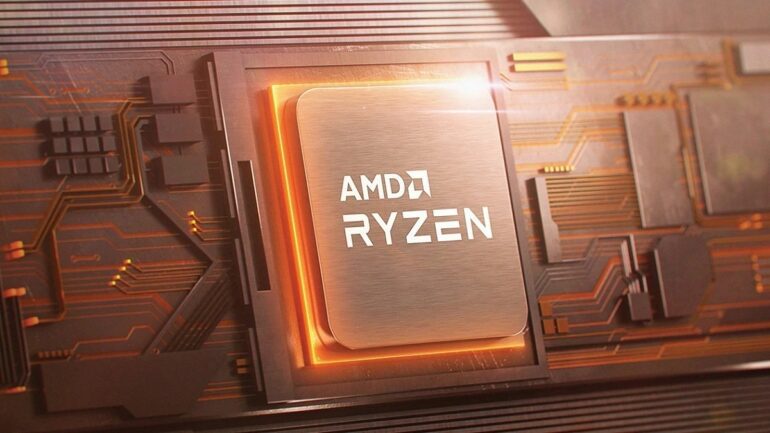- AMD faces hurdles in selling AI chips tailored for China due to US regulatory restrictions.
- The Commerce Department finds AMD’s chip too advanced for sale in China.
- AMD needs to secure an export license from the Bureau of Industry and Security.
- Uncertainty looms over AMD’s next move, as the company mulls over applying for the license.
- US export controls aim to limit China’s access to advanced semiconductor technologies.
- Nvidia faced similar challenges and redesigned products to comply with evolving restrictions.
- Despite hurdles, AMD launches MI300 product line, targeting the Chinese AI chip market.
- Leading Chinese tech giants, like Tencent, have stocked up on Nvidia chips for AI development.
- US sanctions prompt Huawei and other Chinese firms to develop their own chips.
- Both Nvidia and AMD experienced significant stock surges amidst the AI frenzy.
Main AI News:
US semiconductor giant Advanced Micro Devices (AMD) has encountered a setback in gaining approval for an AI chip specifically crafted for the Chinese market, according to a Bloomberg report on Tuesday. Despite designing the chip to offer reduced performance in adherence to US export restrictions, the Commerce Department reportedly deemed it too advanced for sale in China. Now, AMD must navigate the process of obtaining an export license from the department’s Bureau of Industry and Security, as outlined in the report.
The company’s next move regarding the license application remains uncertain, with no immediate responses from AMD or the Commerce Department’s Bureau of Industry and Security to CNBC’s requests for comments.
This development unfolds against a backdrop of the US imposing restrictions on the sale of semiconductor technologies, especially those deemed advanced, to China due to national security concerns. While American companies have continued to sell less sophisticated technologies to China without licenses, the stricter regulations pose challenges for businesses like AMD.
AMD’s product portfolio includes chips instrumental in developing and training AI models, a technology US officials fear China could exploit for military advantages. In 2022, President Joe Biden’s administration introduced export controls targeting China’s access to advanced semiconductor technologies. Notably, Nvidia, a leading AI chip company, responded by offering slowed-down versions of their premium AI chips to comply with US restrictions. However, these too faced a ban in October when the US broadened restrictions, including those seen as evading controls.
Nvidia subsequently adapted its products to meet the 2023 restrictions and align with the evolving regulatory landscape. The company had earlier cautioned that continued US export curbs to China could lead to a “permanent loss” for American semiconductor firms in one of the world’s largest markets. Despite this, AMD, with a smaller presence in the Chinese AI chip market prior to the trade restrictions, has actively pursued the sector. Its recent launch of the MI300 product line is viewed as a direct challenge to Nvidia’s GPU products in the AI chip domain.
The intended recipients of AMD’s designed chips for the Chinese market remain unclear. Some major Chinese tech players, including Tencent, are reported to have amassed sufficient advanced chips from Nvidia, ensuring their AI capabilities for several generations. Meanwhile, US-sanctioned Huawei, alongside other domestic firms, is said to be developing its own chips and chipmaking tools, seeking to bridge the gap created by US restrictions.
Despite challenges posed by restricted sales to China, both Nvidia and AMD have experienced soaring shares amid the ongoing AI boom. Nvidia’s stock has surged by over 250% in the past year, while AMD witnessed an impressive growth of over 150%.
Conclusion:
AMD’s struggle to market AI chips in China underscores the complex interplay between regulatory restrictions, technological advancement, and market dynamics. While US export controls aim to safeguard national interests, they pose challenges for companies like AMD seeking to capitalize on the lucrative Chinese market. Despite the obstacles, both AMD and Nvidia are adapting to the evolving landscape, underscoring the resilience and adaptability of the semiconductor industry amidst regulatory uncertainties.

